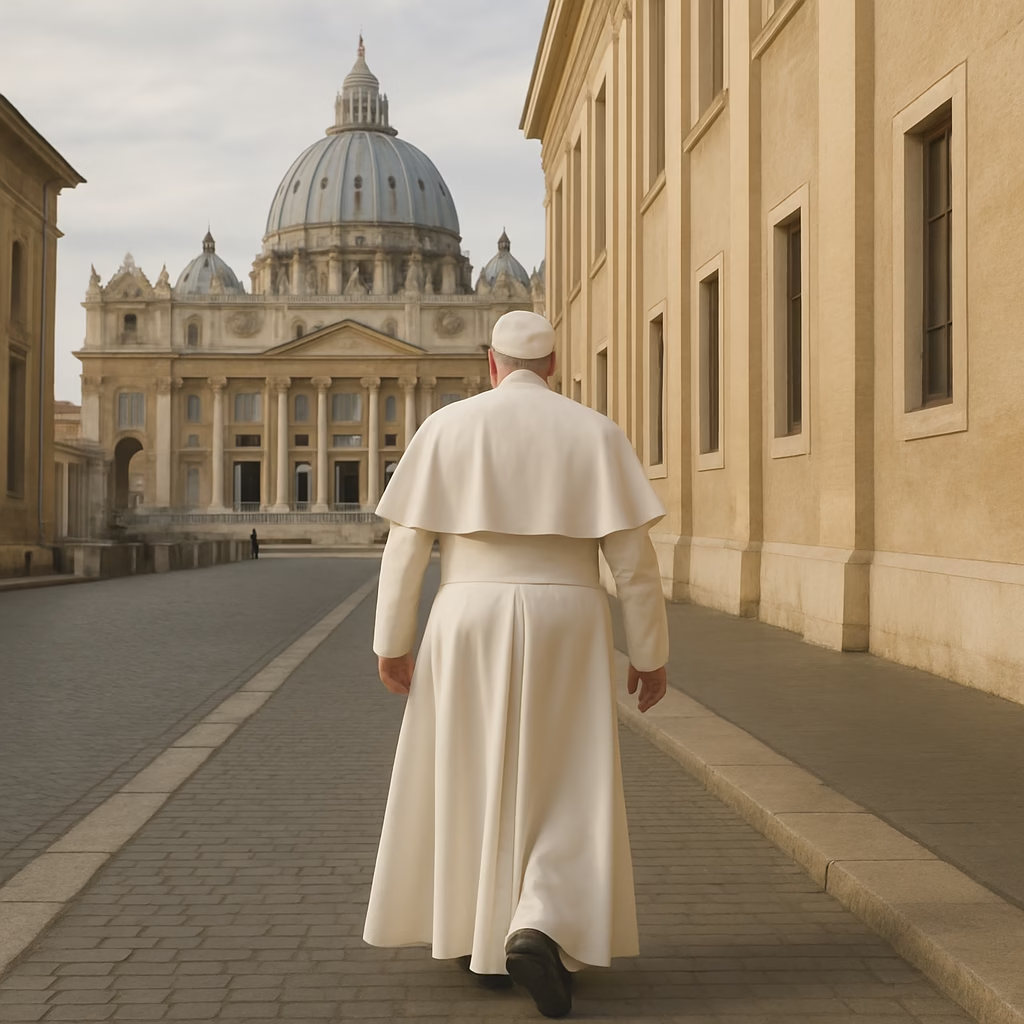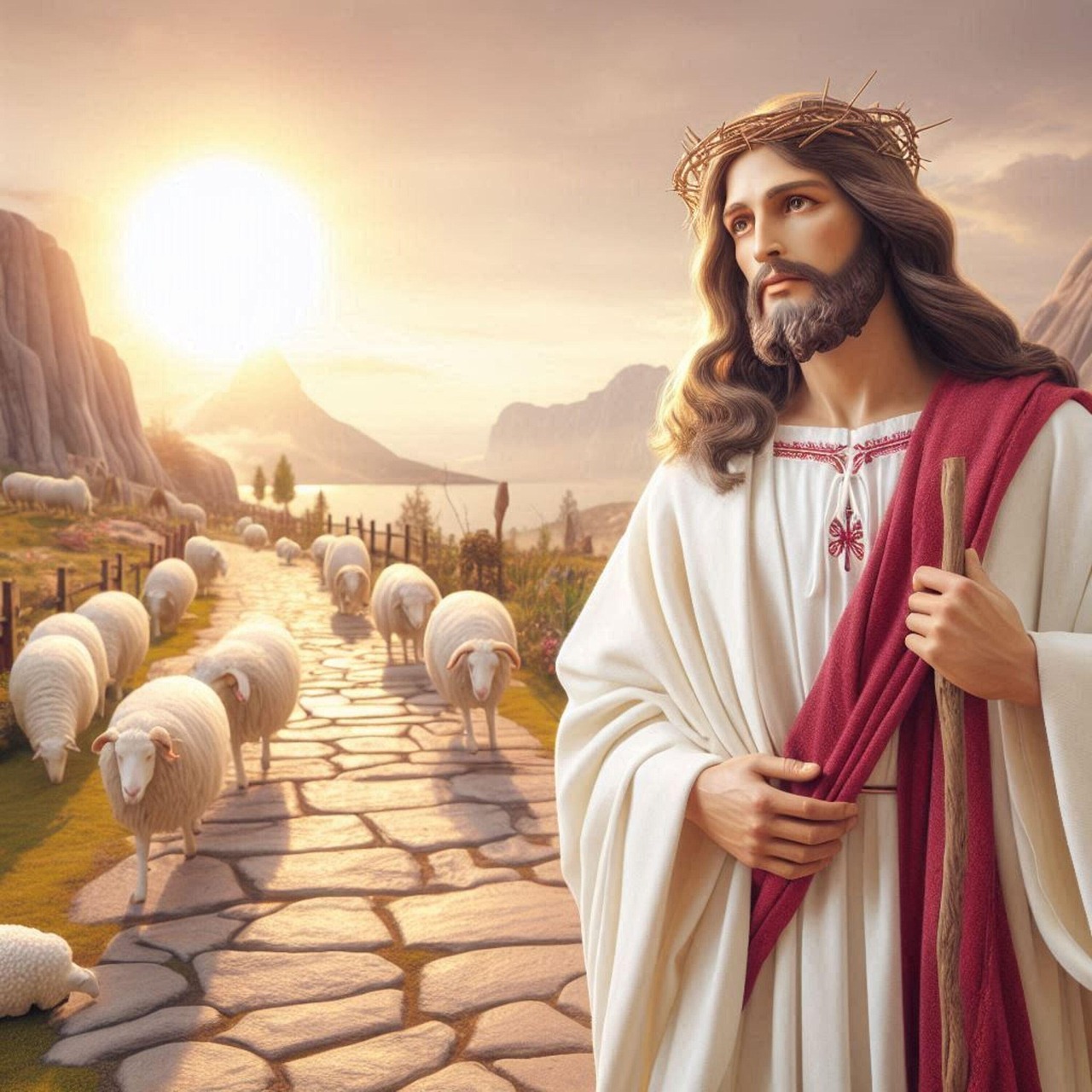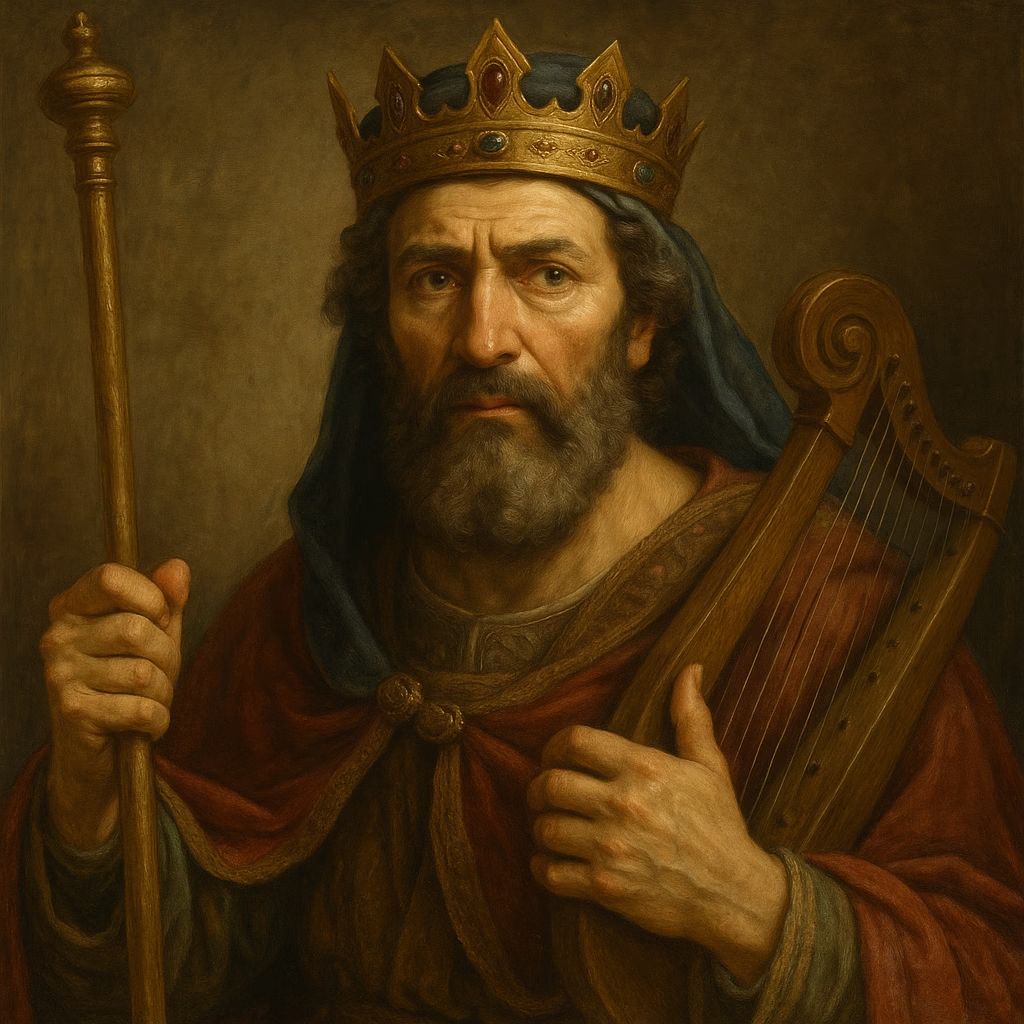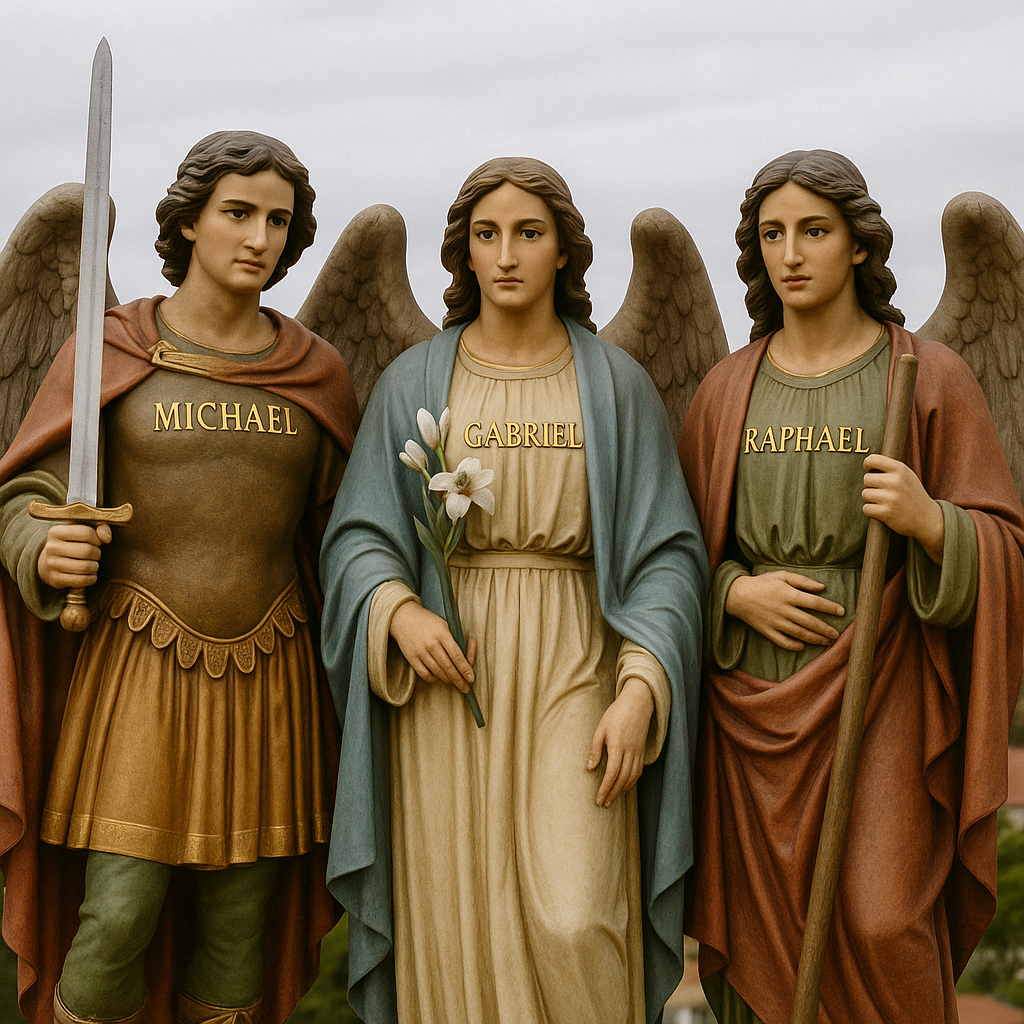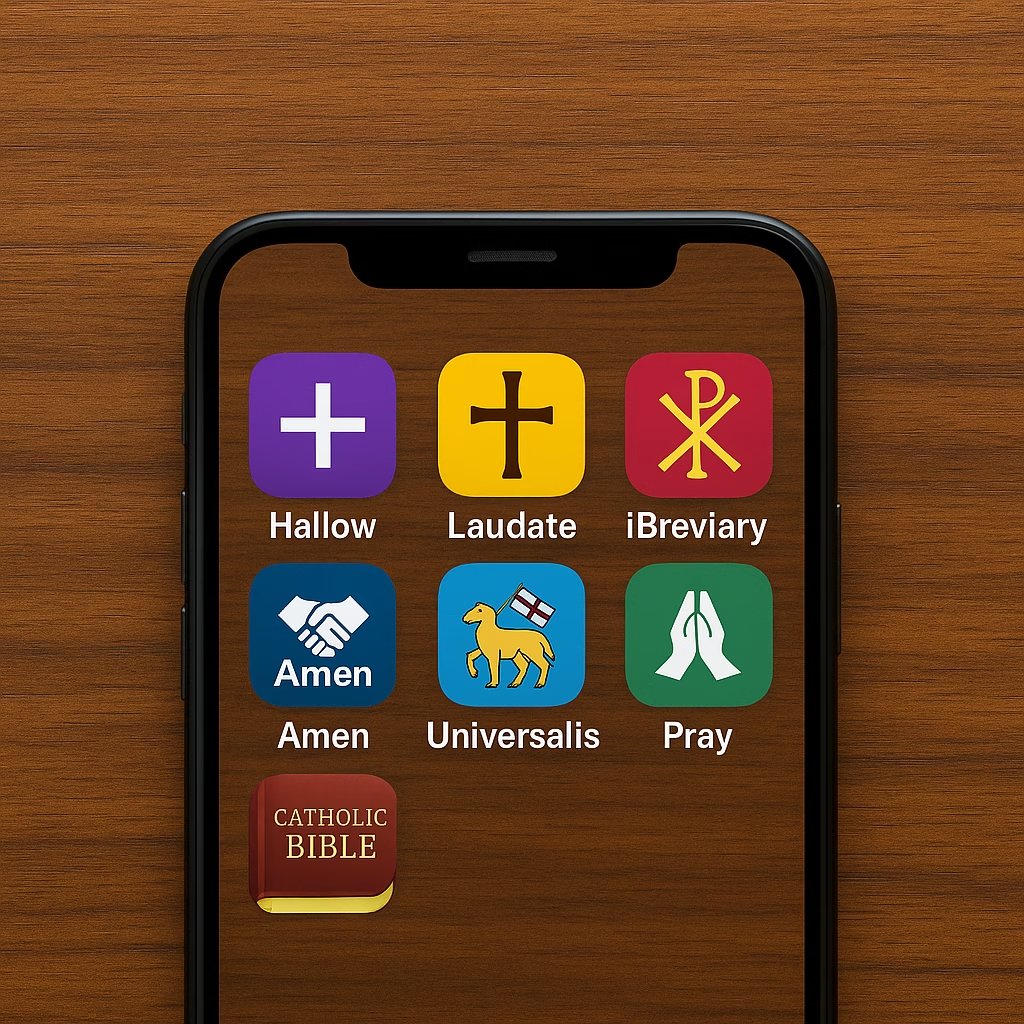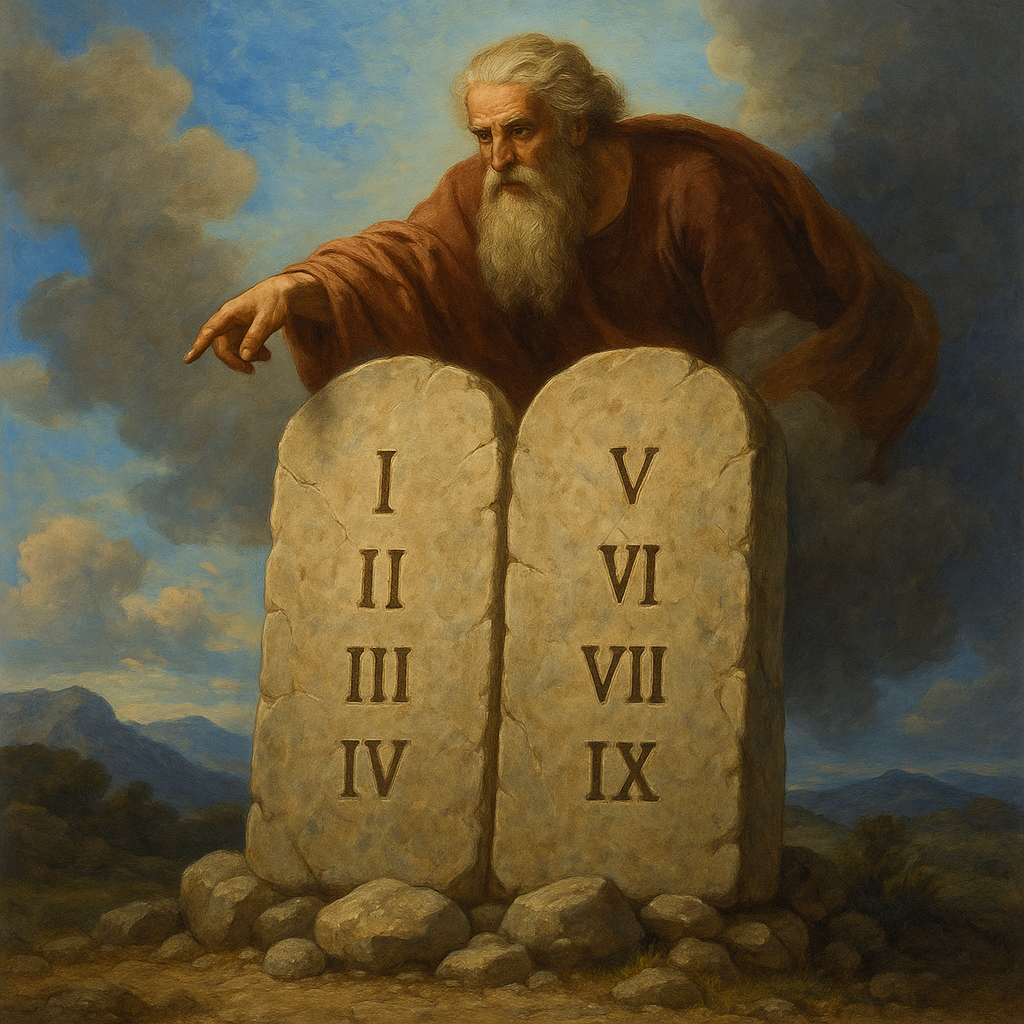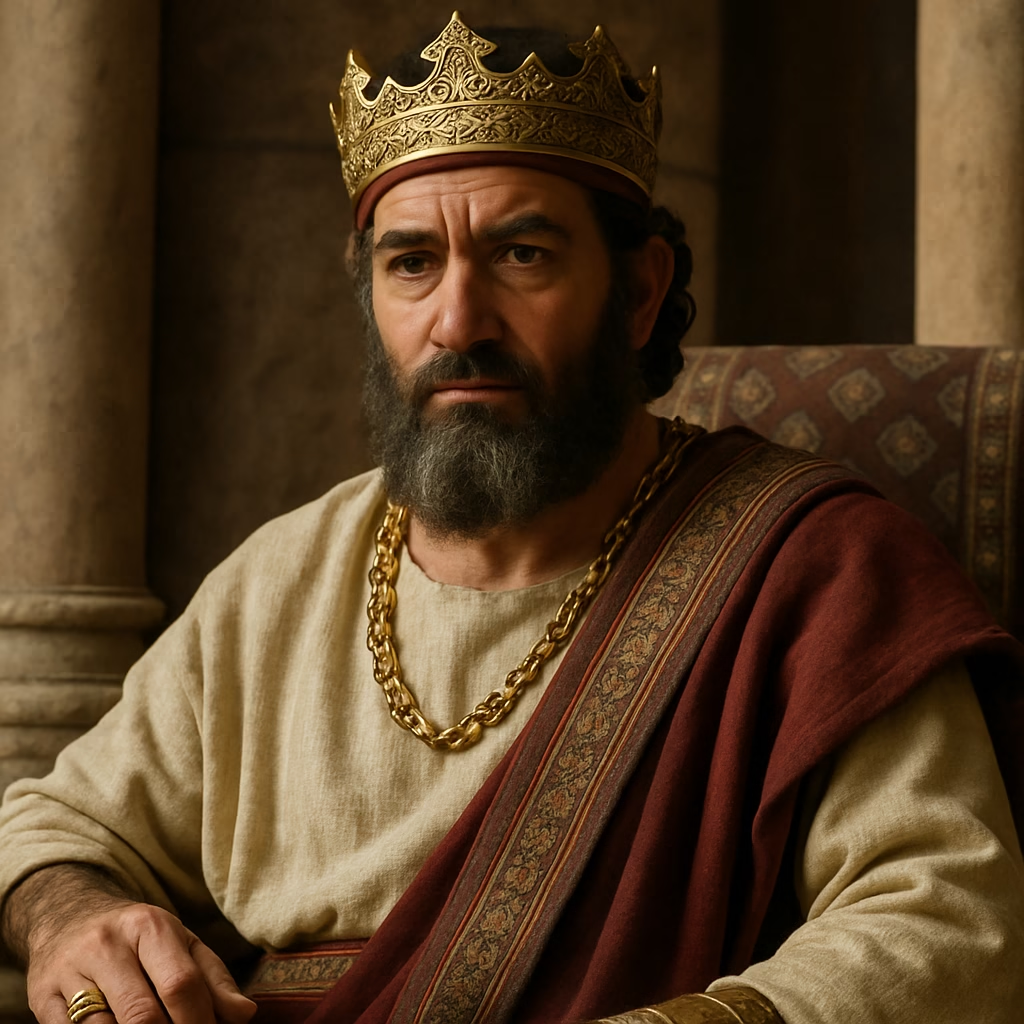🙏 Pope Leo XIV: Biography, Legacy, and Faith of the First American Pope
In 2025, history was made. For the first time ever, a man born in the United States was elected to the papacy. Pope Leo XIV, formerly Robert Francis Prevost, became the 267th pope of the Roman Catholic Church, ushering in a new era of leadership rooted in humility, justice, and unwavering faith.
This article explores his early life, missionary work, theological impact, and what his papacy means for the global Church.
👶 Early Life of Robert Francis Prevost
- Born: September 14, 1955
- Hometown: Chicago, Illinois, USA
- Parents: Louis Marius Prevost (Navy veteran and school superintendent) and Mildred Martinez Prevost (Creole heritage)
From an early age, Robert Prevost showed a deep devotion to God and a strong academic mind. He attended a Catholic seminary in Michigan, later earning a degree in mathematics from Villanova University and a Master of Divinity from Catholic Theological Union.
He eventually earned a Doctorate in Canon Law from the Pontifical University of St. Thomas Aquinas in Rome.
🌍 Missionary Life and Augustinian Leadership
In 1985, Robert Prevost became a missionary in Peru, where he served the Church with courage and compassion for over a decade.
Key roles included:
- Chancellor in the Prelature of Chulucanas
- Bishop of Chiclayo, Peru
- Provincial Superior of the Augustinian Province in the U.S.
- Prior General of the Augustinian Order (global leadership from 2001 to 2013)
His leadership reflected the Augustinian values of humility, scholarship, and service.
🕊️ Service in the Vatican
Recognized for his wisdom and pastoral care, Prevost was appointed by Pope Francis to serve in Rome:
- In 2023, he became Prefect of the Dicastery for Bishops, playing a key role in the appointment of new Church leaders globally.
⛪ Election as Pope Leo XIV
Following the death of Pope Francis, the 2025 Papal Conclave gathered in prayerful deliberation. On May 8, 2025, white smoke signaled a new leader: Robert Prevost was elected pope, choosing the name Leo XIV.
Why “Leo XIV”?
He chose to honor Pope Leo XIII, a reformer known for defending human dignity and workers’ rights. Pope Leo XIV shares a similar passion for social justice, inclusivity, and unity within the Church.
📅 Papal Inauguration
- Date: May 18, 2025
- Location: St. Peter’s Basilica, Vatican City
- Motto: “In illo Uno unum” – “In the One, we are one.”
This motto reflects his Augustinian heritage and his vision of unity in Christ across cultures, nations, and generations.
🌐 Why Pope Leo XIV’s Papacy Matters
Pope Leo XIV is more than a historical figure, he’s a bridge between continents, generations, and theological traditions. His experience in Latin America, North America, and Rome gives him a global perspective rooted in local service.
Key Focus Areas:
- Strengthening the global south in Church leadership
- Advocating for marginalized communities
- Revitalizing youth engagement in the faith
- Encouraging clerical accountability and pastoral transparency
🧠 FAQs About Pope Leo XIV
- Who is Pope Leo XIV?
Born Robert Francis Prevost, he is the first American to be elected pope. A former missionary and Augustinian leader, he became pope in 2025. - Where was Pope Leo XIV born?
He was born in Chicago, Illinois, in 1955. - What does “Leo XIV” mean?
It honors Pope Leo XIII and symbolizes a papacy rooted in wisdom, social justice, and reform. - Is Pope Leo XIV a conservative or progressive pope?
While not easily labeled, Pope Leo XIV is seen as a pastoral and pragmatic leader who balances orthodox doctrine with compassionate outreach.
🙌 Final Reflection
Pope Leo XIV’s journey, from Chicago to Peru to the Chair of St. Peter, is a testimony to God’s ability to use ordinary lives for extraordinary purposes. His story inspires Catholics around the world to live with humility, serve with joy, and trust deeply in God’s plan.
At TrustingGodsPlan.com, we believe Pope Leo XIV’s leadership is part of that divine plan, a beacon of hope in a world that deeply needs Christ-centered guidance.
“In the One, we are one.” – Pope Leo XIV
